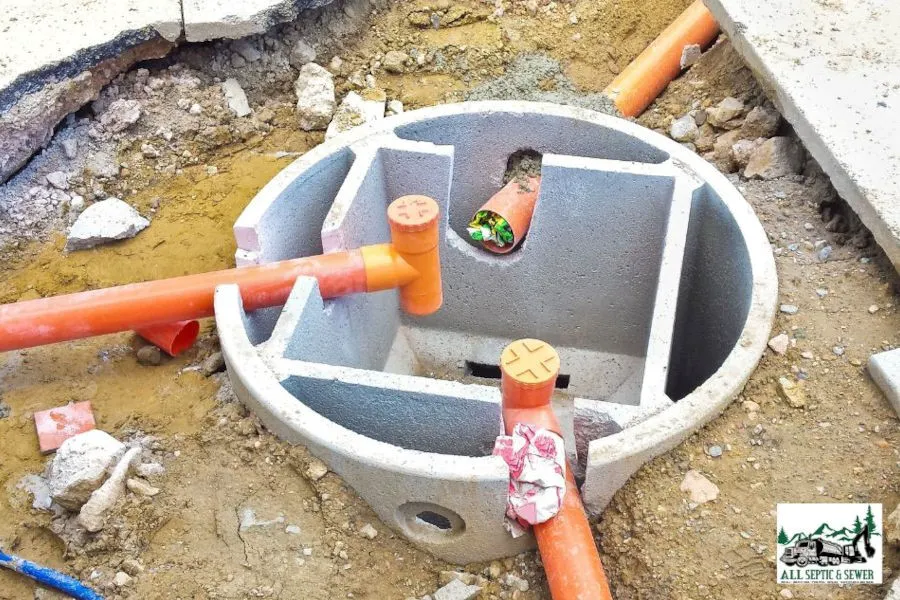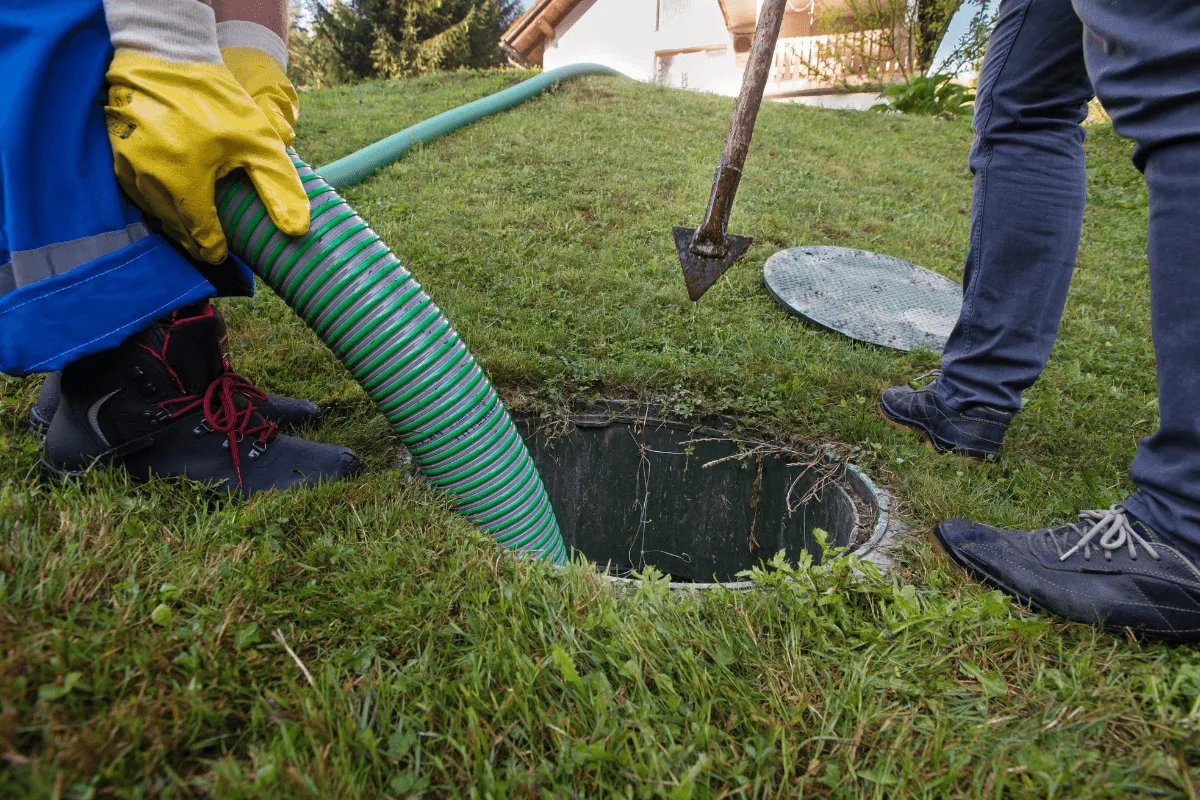Utility Sewer Septic System: Everything You Need to Know
Utility Sewer Septic System: Understanding Your Wastewater Management
Utility Sewer Septic System: Understanding Your Wastewater Management
Aerobic Treatment Unit (ATU)
Aerobic systems treat wastewater similarly to a municipal sewage plant by introducing oxygen into the process. This method allows for cleaner, more efficient wastewater treatment.
Pros: It is ideal for environmentally sensitive areas and properties with strict discharge regulations. It produces cleaner effluent, which can be safer for the environment.
Cons: Requires electricity to operate, making it less energy-efficient. Regular maintenance is necessary to ensure optimal function.
Costs: Installation costs range from $10,000 to $20,000, and maintenance costs are generally higher than conventional systems.
Suitability For Rural Areas: Advantages And Disadvantages
Delve into the suitability of septic system types and sewer systems for rural areas as we explore the advantages and disadvantages of each. Discover which system aligns best with the unique requirements of rural properties.
Advantages of Septic Systems:
- Cost-Effective: Septic systems are generally more affordable to install in rural areas compared to connecting to a sewer system.
- Independence: Residents have more control over their wastewater management with septic tanks, suitable for remote rural locations. m –>
- Low Maintenance: Requires minimal maintenance once installed, reducing long-term costs for homeowners.
- Eco-Friendly: Septic systems can be environmentally friendly when well-maintained, as they rely on natural processes for wastewater treatment.
Disadvantages of Septic Systems:
- Maintenance Responsibility: Homeowners are responsible for upkeep and potential repairs, which can be costly.
- Limited Capacity: Septic tanks have a finite capacity and may need regular pumping, posing inconvenience in large households.
Advantages of Sewer Systems:
Disadvantages of Sewer Systems:
- Limited Availability: Sewer systems may not be accessible in remote rural areas due to infrastructure limitations.
- Higher Costs: Connecting to a sewer system can be expensive initially, including ongoing service fees.
When considering the suitability of waste management systems in rural areas, it is crucial to weigh the advantages and disadvantages of septic vs sewer systems. By understanding their distinct features, rural property owners can make informed choices that align with their specific needs and circumstances.
Septic vs Sewer
Septic systems and sewer systems are two different types of wastewater management systems that are used to treat and dispose of wastewater. While both septic and sewer systems have the same purpose, they have different methods of treatment and disposal, as well as different maintenance requirements.
Understanding the differences between septic and sewer systems is important for homeowners, especially those who are considering purchasing a new home or are in the process of building a new home.
Homeowners have to choose between private sewer or septic tank, and each option has its own advantages and disadvantages.
In some areas, homeowners don’t have access to a municipal sewage system. This makes the septic tank an excellent solution and millions of households are relying on it. [1]
How do they work?
Septic systems are decentralized wastewater treatment systems that are commonly used in rural areas where a sewer system is not available. The system consists of a septic tank and a drain field.
The septic tank is designed to separate solids and liquids, allowing the liquids to flow out into the drain field where they are further treated by natural processes.
On the other side, sewer systems are centralized wastewater treatment systems used in city areas. The system collects wastewater from homes and businesses and transports it through a network of pipes to a central treatment plant.
The wastewater is treated using different methods, such as physical, chemical, and biological processes.
Septic vs Sewer costs breakdown
The cost of a septic system versus a sewer system varies depending on a number of factors, including the size of the home, the type of system being installed, and the local cost of labor and materials. Here is a rough estimate of the costs involved with each type of system:
Septic System:
Behind The Pipes: Exploring The Clash Of Septic vs Sewer Systems
With our commitment to quality and customer satisfaction, you can trust us to keep your septic system running smoothly and flawlessly. Say goodbye to septic headaches and hello to a worry-free future. Reach out to us and let us take care of your septic tank with excellence you can rely on!



Tegs:
Search
Recent Posts
-
Water & Sewer Utility: Providing Essential Services for Your Community
May 13 2025
-
Sewer Cleaning Truck: All You Need to Know About Sewer Cleaning Trucks
Apr 14 2025
-
Trenchless Sewer Line Repair: Benefits, Costs, and What to Expect
Apr 14 2025
-
Sewer Oil Pollution in China: Understanding the Issue
Apr 14 2025
Subscribe to Updates
Get the latest posts and fashion insights directly in your inbox.